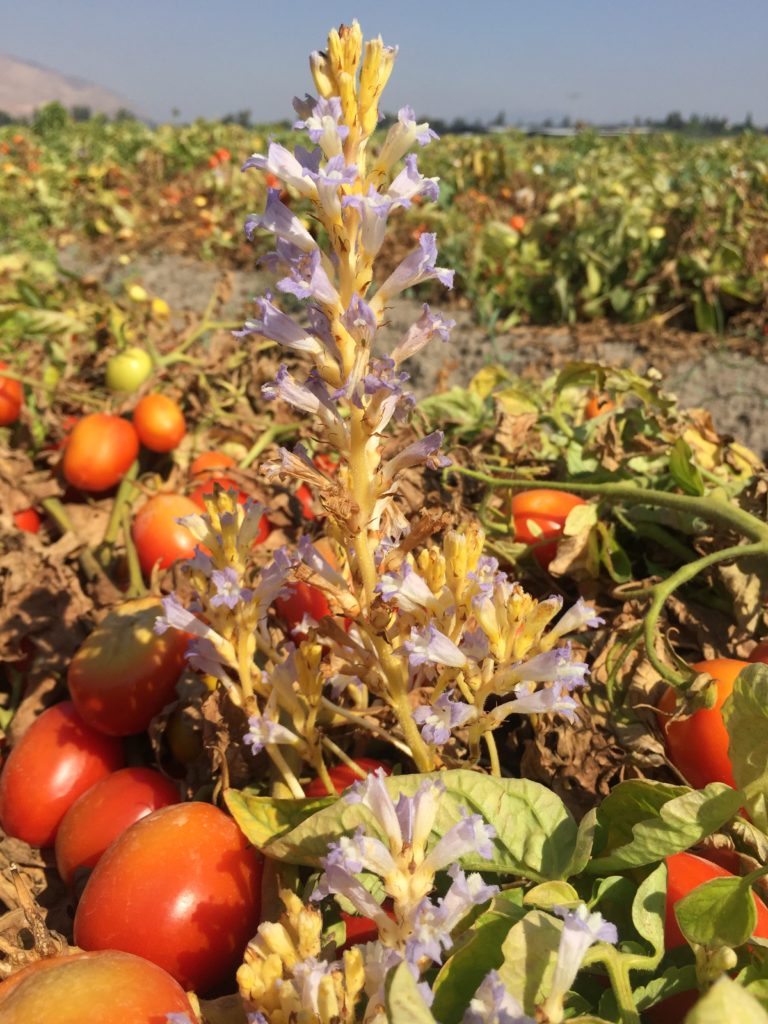
An integrated diagnostics workflow to detect parasitic weeds in seed banks
This research program aims to develop an integrated diagnostics procedure based on DNA (meta)barcodes extracted from genomic resources of wild and weedy parasites throughout the biodiversity range of Orobanchaceae. The envisioned workflow combines diagnostics and evolutionary inferences to identify parasites to their lowest taxonomic levels in a user-friendly toolkit. Sets of barcodes that qualify as ecotype-sensitive identifiers will be prepared for practical, semi-quantitative pull-down assays. Besides testing the discriminative power and sensitivity of suitable barcode combinations in silico, the integration of evolutionary analyses and, thus, the placement of marker development in an explicit phylogenetic framework, will improve our ability to delimitate taxa in rapidly evolving lineages where cryptic diversity is prevalent. The envisioned toolkit for high-throughput identification of parasitic weeds directly from environmental samples will allow assessing the genetic diversity of parasite seed banks and monitoring soil infestation levels over time while needing to convince by practicability and sensitivity experimentally. The development of a diagnostic workflow for Orobanchaceae will generate a positive feedback loop between basic eco-evolutionary research and applied life science en route to an ecotype-specific control of parasitic weeds, and potentially other common plant pests or diseases.
We are looking for enthusiastic (under)graduate students or post-docs to help us challenge early version of our diagnostics tool – experimentally and/or bioinformatically!